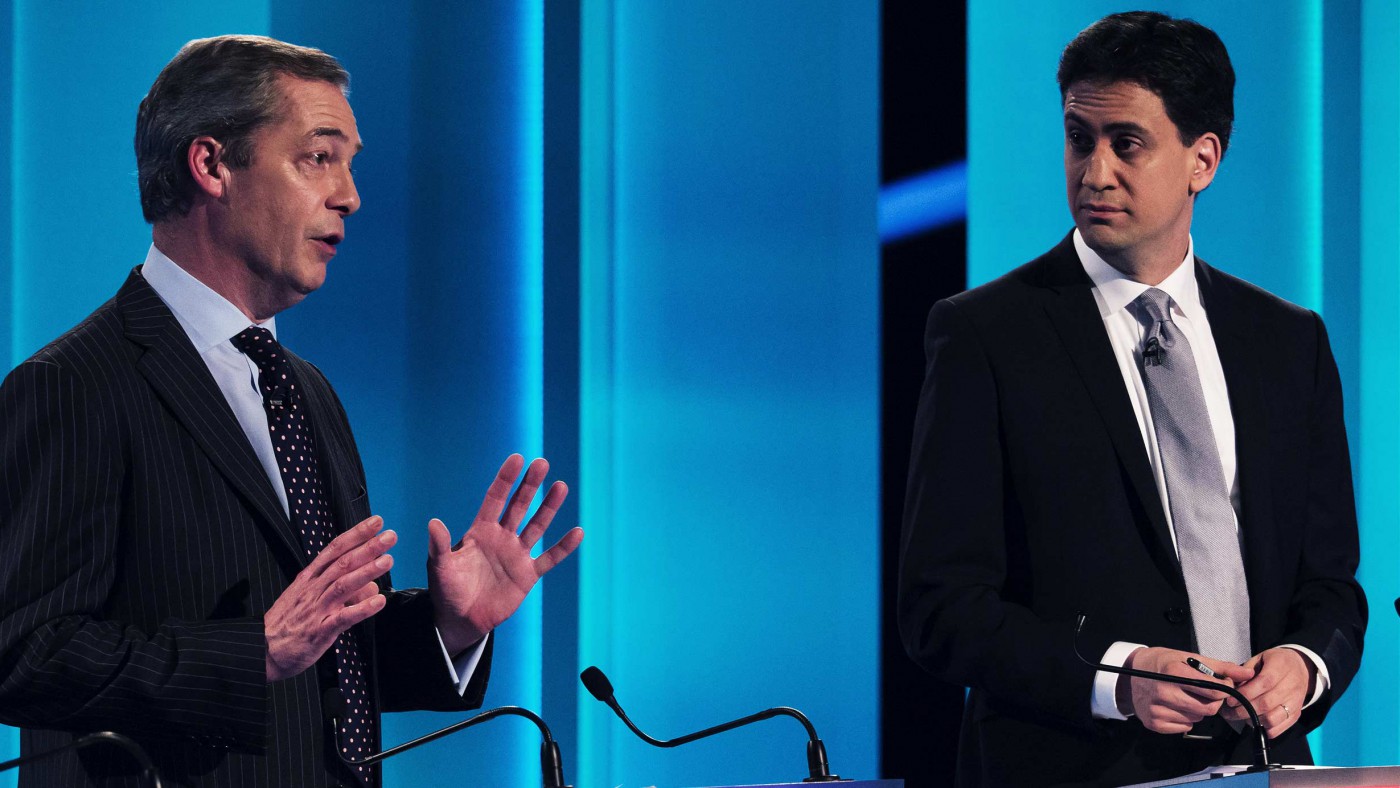In 1975, when the last EU referendum was held, about 80% of Conservative voters were in favour of the UK staying in what was then the Common Market, while the Labour Party split roughly 50:50 for staying in and coming out. Now the situation is largely reversed. It is the Labour Party which is far more Europhile than the Conservatives, a factor clearly reflected in the attitude of all the current Labour leadership candidates. Jeremy Corbyn has wobbled towards a degree of Euroscepticism but all of them now advocate a “yes” vote in the forthcoming referendum, apparently irrespective of what comes out of the current round of negotiations. Does this make sense either for the Labour Party or the country – or even for those who passionately want us to stay in?
Clearly, which way the referendum goes is going to make a huge difference to our future, yet the Labour Party seems to have developed no policy stance on the forthcoming referendum other than to decide not to vote against it being held. The Party says it is in favour of a “reformed EU” but has put forward practically no suggestions about what needs to be changed. This is surely irrational as well as bad politics, not least because, if you scratch below the surface, there are plenty of changes which most left of centre people would like to see accomplished.
Who among them is in favour of the huge net payment across the exchanges which has to be made by the UK to the EU every year – a total of £11.4bn in 2014 and set to rise substantially in future? Who really thinks it is a good idea to turn away Indian programmers and Chinese students from coming to the UK, but to let in 40,000 or more people a year from Rumania and Bulgaria to compete with the less advantaged of our indigenous labour force? How may Labour members are in favour of the Common Agricultural or the Common Fisheries Policies? How many are happy with the way he EU is run, especially the way the Greeks have been treated by the Germans? How many are satisfied that if we are the only major EU Member State outside the Single Currency that our interests are going to be fully protected? The fact is that there is a large left of centre agenda for change but the Labour Party is not putting it forward.
This can’t be doing the Party’s relationship with many of its lost voters any good, particularly those who decamped to UKIP. There is a large majority of the electorate which would like to stay in the EU on the back of major reforms but a much tighter outcome looms if there is little or no change. The unqualified enthusiasm for our EU membership exhibited by many Labour MPs and Party members is simply not reflected among most of the electorate. Nor are voters likely to be impressed by Labour making no effort to remedy what many people thinks are deficiencies in our EU terms of membership.
Potential Labour supporters are likely to be even less happy about Labour’s current stance when they perceive that it weakens the government’s ability to get changes made, as surely will be the case. The more it appears to the powers that be in Brussels that the outcome of the referendum is going to be a “yes” vote irrespective of any concessions they make, the less likely it is that any of them will be inclined to go ahead with the difficult negotiations required to change the UK’s relationship with the other Member States. The more tempting, too, it will be for the Prime Minister and the Chancellor of the Exchequer to ask for the minimum that seems likely to be required to enable them to claim enough of a victory to persuade the UK electorate not to vote “no”. By not making any effort to stiffen and support where appropriate the government’s negotiating stance, Labour makes it more likely that we will be left substantially with the status quo.
And this is where the major miscalculation may be being made by those who advocate staying in before they even know what the revised terms of membership might be. These are febrile times and there is a very real danger to those who want to keep the UK in the EU at any cost that renegotiation which turns out to be a sham could very easily generate an anti-Westminster, anti-authority backlash which will produce exactly the opposite from the result they want. Support for our EU membership is not that strong in the UK and it would not take that much to overturn the relatively small margin of support there is currently for our continuing membership.
This is why even those in the Labour Party most committed to the UK staying in the EU when the forthcoming referendum takes place need to realise that Labour badly needs a reform agenda. Of course, this will not be exactly the same as the one favoured by Conservatives. Much of Labour’s support for the EU derives from the Social Chapter and Labour is not going to support watering down employment protection and many of the social advances for which our EU membership has been largely responsible. But there is a lot of common ground where Labour could support the government’s stance.
If Labour largely advocates our continuing EU membership irrespective of any changes that might be made, with nothing reflecting the widely held concerns about some aspects of our relationship with other Member States, the result is more likely – not less likely – to be a “no” vote when the time comes. It is high time that Labour’s uncritical Europhiles realise that this is what is at stake.


